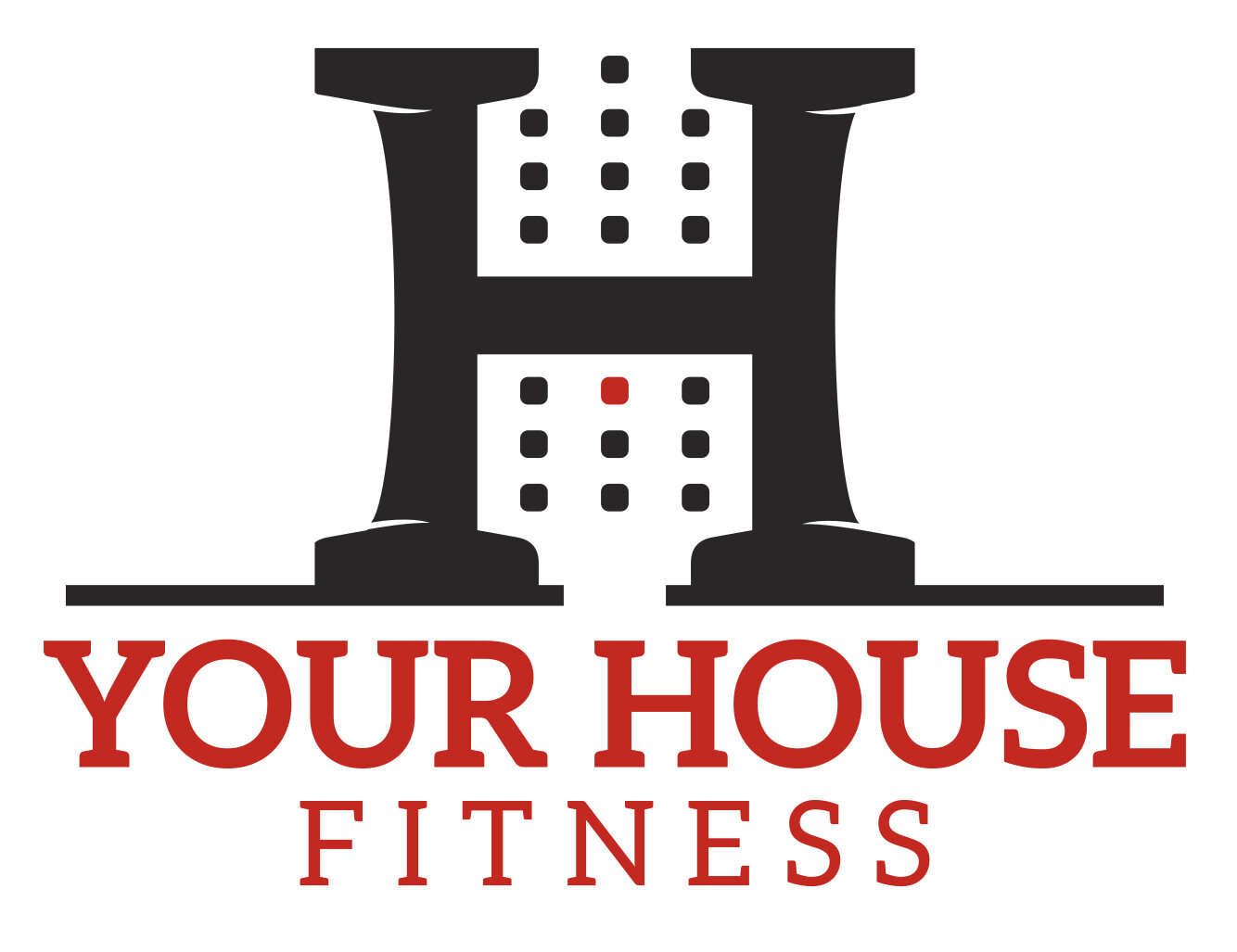Exercise Tutorial: Hex Bar Deadlift
Table Of Content
What Is a Hex Bar Deadlift
The hex bar deadlift, also known as a trap bar Deadlift, is an alternative exercise to the Barbell Deadlift that aims to build strength and power. This is a great functional full body exercise as the movement can translate into your sport or everyday life. The hex bar deadlift differs in a few ways from the Barbell Deadlift. It’s actually a little safer for your back and better for beginners to get the hinge pattern down.
In a Barbell Deadlift, the bar is front of you whereas with a hex bar you stand in the middle of the bar, allowing for a better center of gravity and because the sleeves (where you put the weight on) are positioned to the side, the weight is actually centered with the body. This creates a more balanced position and increases safety as it puts less shear force on your lower back, prevents lumbar hyperextension and allows for a neutral grip which can benefit shoulder safety.
How to Do a Hex Bar Deadlift
Begin by standing in the middle of the hex bar with feet approximately hip width apart.
Bend at your hips and knees to grab the handles of the hex bar
From this position, push your hips back, pull your shoulders down and back and flatten your back so it represents a straight line.
From this position, we’re going to stand up, lifting the weight as we push the ground away with our feet and straighten our legs. As we reach the top position, we drive the hips forward and squeeze the glutes at the top.
Lowering back down, keep a soft bend in the knee and hinge forward at the hips, pushing your butt back as if you were trying to touch an imaginary wall behind you while maintaining a straight back. Do so until the weights tap the ground.
Repeat this process for the desired amount of reps.
Can’t get the weights all the way back to the ground? Stack up some plates on the floor on either side of you to decrease the distance.
Hex Bar Deadlift Form
Working on proper form is imperative when performing a compound movement such as the deadlift as there is a greater risk of injury, especially when attempting to lift heavy weight. Some key features to keep in mind when performing the hex bar deadlift include:
Shoulders down and back
Neutral spine
Weight over mid-foot
Hip, knees, and ankles are in alignment
Hex Bar Deadlift Muscles Worked
Hex Bar Deadlift Benefits
Core Stability and Strength
Increase Overall Strength
Targets all major muscle groups
Improve Grip Strength
Easier to improve on deadlift form than with a barbell
Functional and compound movement




